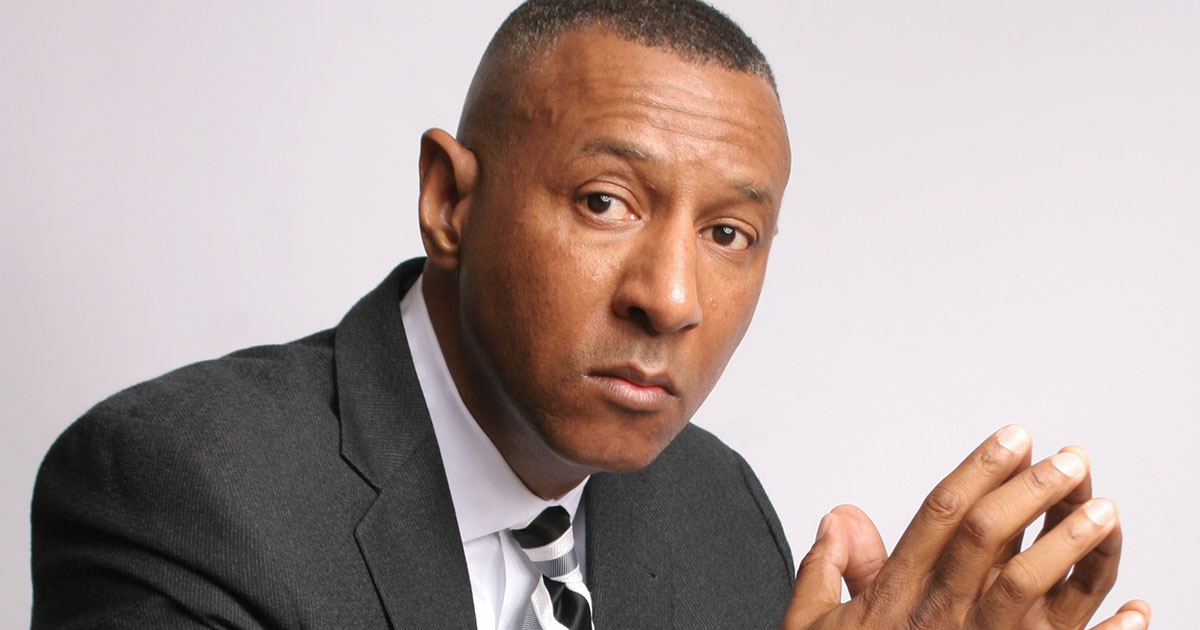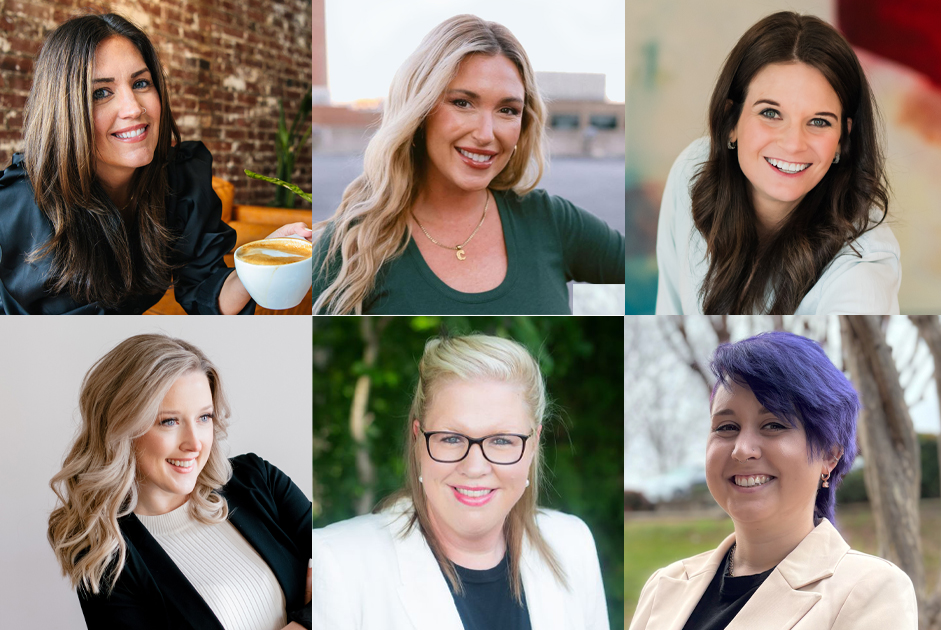By Bobby F. Kimbrough, Jr.
I’ve seen dead before – and she was cold. She had that look. Lifeless. No movement. Her eyes were closed. I sat on the steps inside the house. Two of my young sons, Jordan and Jamesen, sat there with me as they worked on her…
The doctor came into the hospital waiting room and said, “I am sorry to inform you there was – nothing we could do…” I went back to where she was – hopes, dreams, aspirations – what I was to become yesterday, today and beyond…lying on the table with a sheet across her…
At that point in my life, everything in my existence changed forever. I questioned God. As a Special Agent with the U.S. Department of Justice fighting the war on drugs, I was highly trained to evaluate complex situations, gauge what actions needed to be taken and come to life altering decisions in short periods of time. With everything in me I could not deduce what had happened with my wife.
Days later an answer came in the mail in the form of a death certificate. I could not understand: METHADONE TOXICITY. I felt like I had the wrong death certificate. My loving, beautiful wife. A professional woman. A devoted wife and amazing mother. This document couldn’t be hers. I looked at the name on the death certificate – CLEMENTINE KIMBROUGH. I examined again the cause of death – METHADONE TOXICITY. Was it an accident, a misprint or did I just not know?
The methadone toxicity that took the life of my wife was indeed an opioid overdose. The opioid epidemic in the United States of America is snatching lives from families at an alarming rate. The truth is, this debilitating crisis has no respect for age, race, socioeconomic status or educational level. It is invading and gripping families from all walks of life. Without question, we must be aggressive in our approach to eradicating this problem. It is key that we acknowledge there is a problem and bring awareness through education and training, remove the stigma of shame and embarrassment and galvanize expertise and resources. We must come together to have an immediate and lasting impact.
For some reason, I was ashamed. I dared not tell my family and friends that my wife died from an overdose. As time passed, I began to think and know that there were always signs, but I did not notice them initially. The love of my life, my wife, was suffering in silence. She was dealing with something that disturbed her deeply and I had no idea. When I look back over my life, I recognize that all the signs were there, I just did not want to see time them. While I was fighting the drug war, there was a war going on in my home; I had no idea the effect it was having under my own roof. If I am completely honest (as with many whose families struggle the way my family has), looking back on that tragic day, all the signs were there, I just ignored them.
While trying to make sense of the silence and the non-involvement, like many things in life where we are uncomfortable, we have a tendency to hide them or place them in the closet. Thirteen years later, I am truly of the belief that with this epidemic we must remove the shame, the guilt and the blame from it. We have to give both the addicted and their families the comfort, support and education needed to deal with it directly so that they can overcome it.
Bringing our resources together and finding ways to address this issue is the only way we will reclaim our families and our communities. Every day in North Carolina this tragic scene is being played out in someone’s household, in someone’s life. The question has been asked of me, why are you willing to talk about this years later? The more I have learned about this epidemic, the more I have come to realize that I have a role to play: I am a resource. I have a moral obligation to speak and share my experience in hopes that it encourages someone that may be struggling alone. Whether they are the person suffering or the family of that individual, it is not necessary to struggle alone and die in darkness.
While it is painful to share and talk about what could have been and what should have been, if either my wife or I had acknowledged the issue, had the stigma of shame and guilt been removed and had we accessed the resources available, I would likely be writing a different story today. My family and I have shared and talked about this. Our hope is that by offering our story we can change the atmosphere concerning this opioid epidemic, and thus change the outcome for it, not only in this county, but in this country.
There is no shame in being a victim of this disease. There is no harm in saying that I need help.
When I look back over how it impacted my household and how it affected my wife, there are things I should have paid more attention to. Many of us did not see what was going on until it was too late. Whether we see it coming or we don’t – we have the resources and everything we need if we deal with it from a holistic point of view. The truth is, we need EVERYBODY – all hands on deck. People need access to resources and together we must make sure they get them. Health departments, mental health agencies, pharmaceutical companies, law enforcement, teachers, trainers, pastors, medical professionals, preachers, mothers, survivors – we need all hands to be present and working intentionally. This I know from experience: what is a problem in someone else’s house today, could surely be a problem in your house tomorrow.
At the time when my wife passed, because of my ignorance of this illness, my lack of knowledge of this addiction, I was ashamed to discuss it. So when people asked me what the cause of death was, I never told them the truth. I would tell them my wife died from an aneurysm. It is amazing that even in death, we want to maintain respect and decorum. We even want the cause of death of be respectable. Continuing to cover and hide what is tearing our homes apart does not maintain respectability; it allows this epidemic to continue to run rampant and snatch lives too soon.
As I look back, I embrace the role I must play going forward. I must be an advocate, a champion for the cause of better treatment and better research. I must be a cheerleader for those who can’t cheer any more, a runner for those who cannot walk, a fighter for those who cannot fight. For those that are still struggling, we must become a help mate until they can help themselves again.
As a retired special agent for the U.S. government, the primary and lead agency responsible for fighting this thing called the drug war – this war was raging in my home for years and even I overlooked the signs. What I have concluded is that there is a price to pay for silence and absence. We must speak. We must be present. We must start by providing HOPE – Helping Other People Every day. Every day we are losing lives and every day we must be diligently doing something to help our fellow family, friends and community members.
I have sat in meetings, talked to friends and family members, connected with military who still struggle, conferred with experts – doctors, lawyers, politicians. We all have our thoughts on how to deal with this epidemic. It is a must that we sit down at the table together to prevent other families from experiencing what my family continues to live. My wife Clem was a beautiful soul who held our family together in love, and impacted everyone she came into contact with as a trauma certified registered nurse. I am certain she will be pleased that her legacy will be expanded as we share our story to remove the pain and suffering of others; she did it in life, and now in death.


















